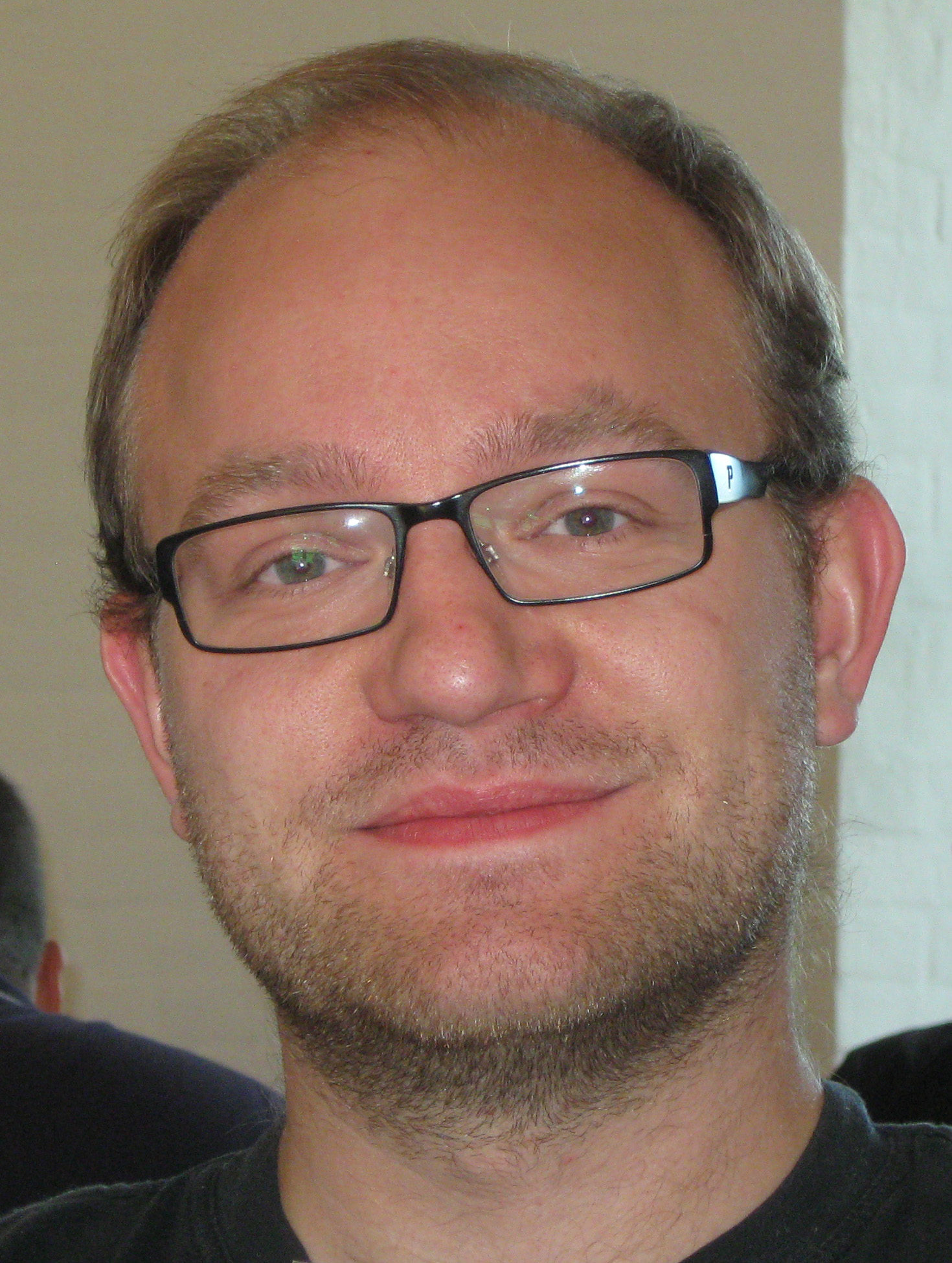PhD defense: Morten Jønsson
MSc (Engineering) Morten Jønsson will defend his PhD thesis, entitled: Interaction in paralimbic cortical regions studied with MEG.
Info about event
Time
Location
Pathology Auditorium, Aarhus University Hospital, Building 18, Nørrebrogade 44, 8000 Aarhus C.
Organizer

Interaction in paralimbic cortical regions studied with MEG
Previous studies have established a paralimbic network of self-reference with the anterior cingulate/medial prefrontal cortex (ACC) and posterior cingulate/medial parietal cortex (PCC) as the main nodes. The oscillatory activity between these nodes have, however, not been studied in detail. We used magnetoencephalography (MEG) to investigate the neural activity in these regions over milliseconds to establish their interactions in people with and without self-related disorders. We hypothesised that the neural interactions would change in tasks using self-reference compared to non-self-reference. We also hypothesised that adults with behavioural addiction would have interrupted levels of self-control compared to adults without, manifested as behavioural changes and changes in oscillatory activity in the paralimbic network. Finally, we hypothesised that changing dopamine levels in healthy adults performing a self-reference task would lead to significant differences in interactions in the paralimbic network.
To test these hypotheses, we carried out three MEG studies. In the first study, healthy adults were scanned during performance of a self-reference task. Granger causality analyses of the MEG time series from a paralimbic corticothalamic network showed a constant recurrent activity, mainly in the lower gamma band (30-45 Hz), which was strongly enhanced during presentation of stimuli. This indicated that stimulation may enhance causal interaction between higher order, modality non-specific brain regions.
In the second study, a group of adults with pathological gambling with and without drug addiction were scanned and compared to a control group. As hypothesised, we found that the gambler group had decreased self-control, which was correlated with changes in neural interactions within the paralimbic network. The gamblers were significantly more impulsive in a stop-signal task and the activity of the paralimbic network was significantly different from healthy adults. Specifically, pathological gamblers had reduced synchronisation at rest in the high gamma range (55–100 Hz) compared with nongamblers, and failed to show a decrease in gamma synchronisation when shifting from rest to performing the task, an effect observed in nongamblers.
Finally, in the third study, we modulated activity in the paralimbic network by administering a dopamine-agonist to participants in a double-blind study. We found that participants performed better in the self-reference task when receiving dopamine and this was accompanied by a significant increase of power in the ACC across all frequencies.
Overall, the findings demonstrate the importance of the paralimbic network in the neural representation of the self. This thesis has shed new light on the precise spatiotemporal unfolding of the neural interactions between the nodes of the paralimbic network in health and disease. This is important since imbalances in the paralimbic network can have devastating consequences for the individual. A better understanding of the interactions between nodes in the network and their neurotransmitter regulation may in time open up for novel ways of treatment.
The defence is public and takes place on 18/12 at 14:00 in the Pathology Auditorium, AUH bygning 18, Nørrebrogade 44, 8000 Aarhus C. For more information, please contact PhD student Morten Jønsson, +4521204719.
Supervisors:
- Professor, DMSc, Hans Lou, Department of Clinical Medicine - Center for Functionally Integrative Neuroscience. Aarhus, Denmark
- Chief physician, Associate Professor, Troels Kjær, Roskilde University Hospital, Roskilde, Denmark
- Professor Morten Kringelbach, Department of Clinical Medicine - Center for Functionally Integrative Neuroscience, Aarhus, Denmark
Opponents:
- Professor, MD, DMSc Karen Østergaard, Department of Neurology, Aarhus University Hospital, Aarhus, Denmark
- Dr Markus Lonsdale, Department of Clinical Physiology and Nuclear Medicine, Bispebjerg Hospital, Copenhagen NV, Denmark
- Dr Peter Uhlhaas, Institute of Neuroscience and Psychology, University of Glasgow, UK
ALL ARE WELCOME
